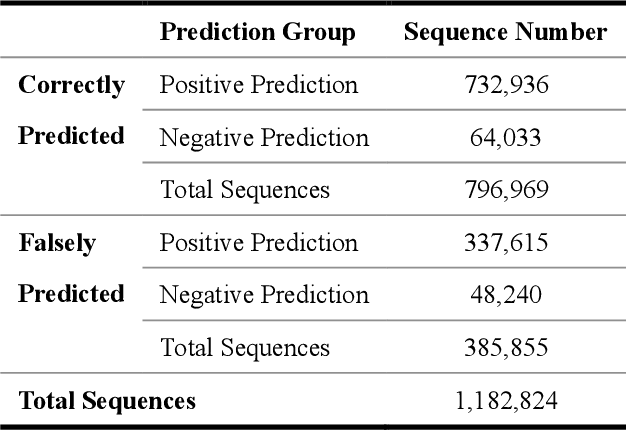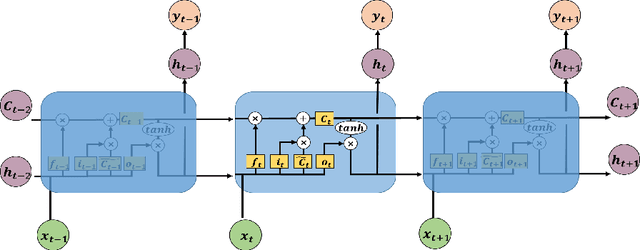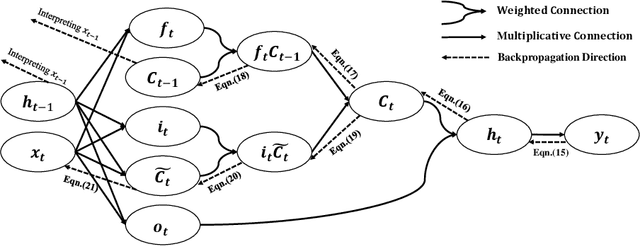Penghe Chen
Interpreting Deep Knowledge Tracing Model on EdNet Dataset
Oct 31, 2021



Abstract:With more deep learning techniques being introduced into the knowledge tracing domain, the interpretability issue of the knowledge tracing models has aroused researchers' attention. Our previous study(Lu et al. 2020) on building and interpreting the KT model mainly adopts the ASSISTment dataset(Feng, Heffernan, and Koedinger 2009),, whose size is relatively small. In this work, we perform the similar tasks but on a large and newly available dataset, called EdNet(Choi et al. 2020). The preliminary experiment results show the effectiveness of the interpreting techniques, while more questions and tasks are worthy to be further explored and accomplished.
Towards Interpretable Deep Learning Models for Knowledge Tracing
May 13, 2020



Abstract:As an important technique for modeling the knowledge states of learners, the traditional knowledge tracing (KT) models have been widely used to support intelligent tutoring systems and MOOC platforms. Driven by the fast advancements of deep learning techniques, deep neural network has been recently adopted to design new KT models for achieving better prediction performance. However, the lack of interpretability of these models has painfully impeded their practical applications, as their outputs and working mechanisms suffer from the intransparent decision process and complex inner structures. We thus propose to adopt the post-hoc method to tackle the interpretability issue for deep learning based knowledge tracing (DLKT) models. Specifically, we focus on applying the layer-wise relevance propagation (LRP) method to interpret RNN-based DLKT model by backpropagating the relevance from the model's output layer to its input layer. The experiment results show the feasibility using the LRP method for interpreting the DLKT model's predictions, and partially validate the computed relevance scores from both question level and concept level. We believe it can be a solid step towards fully interpreting the DLKT models and promote their practical applications in the education domain.
 Add to Chrome
Add to Chrome Add to Firefox
Add to Firefox Add to Edge
Add to Edge